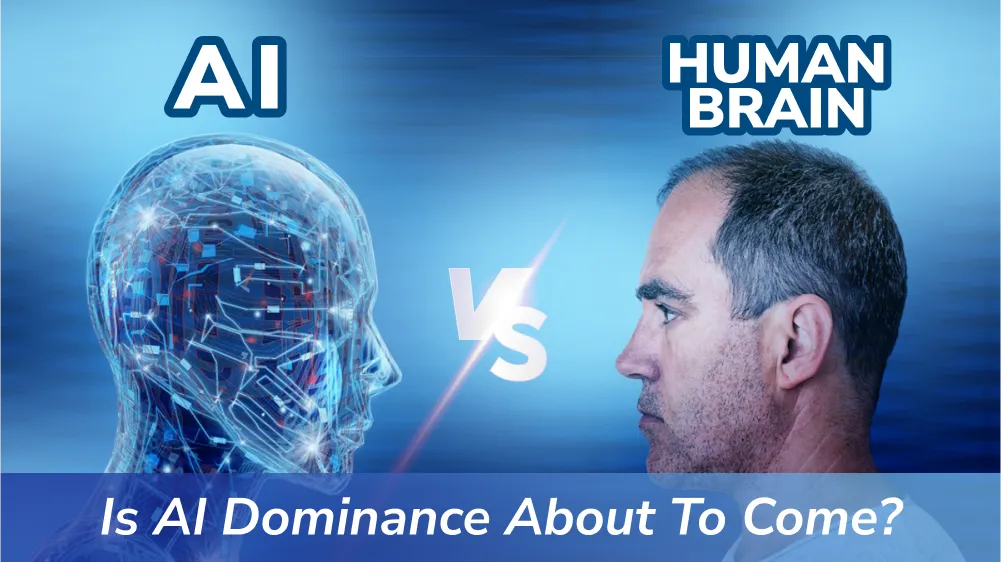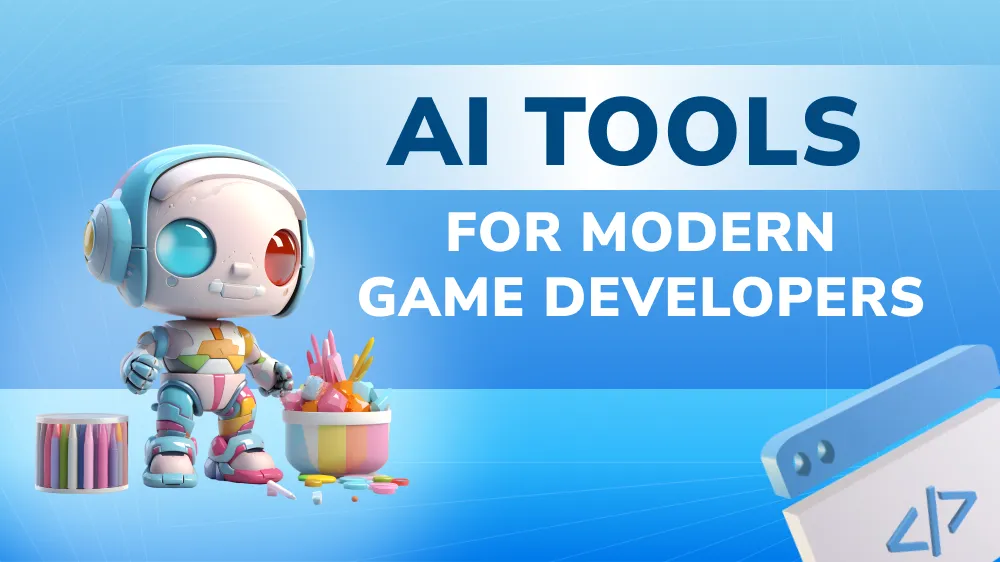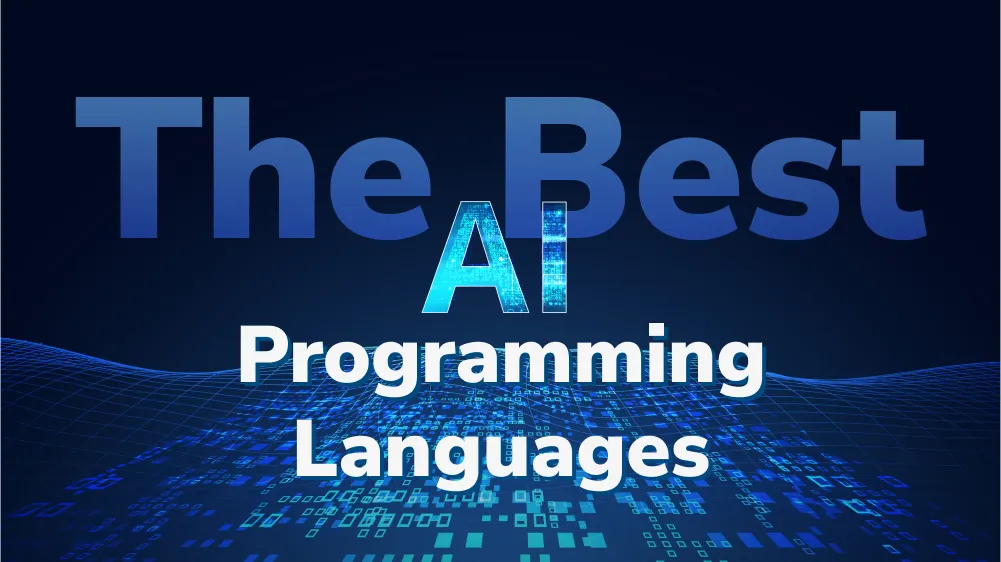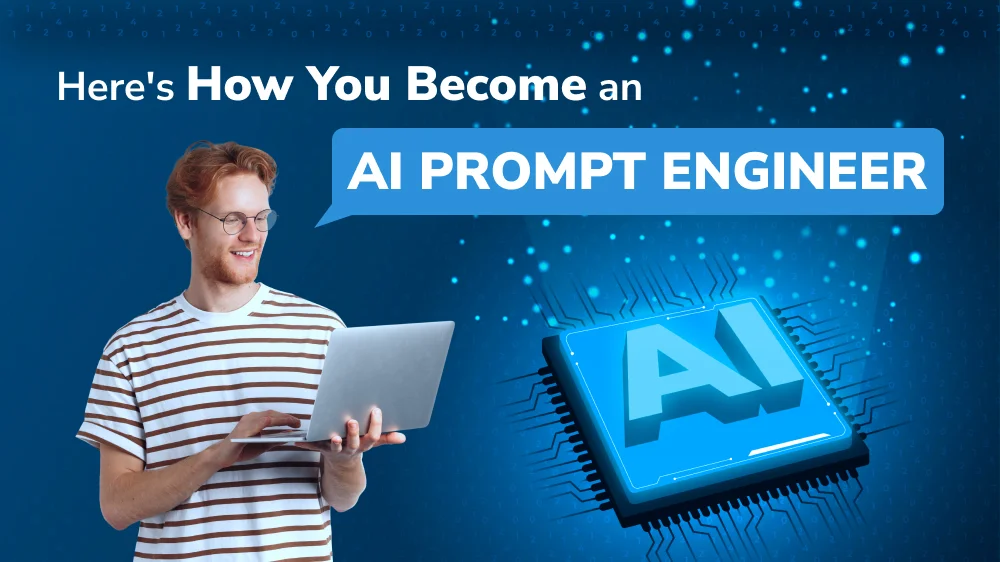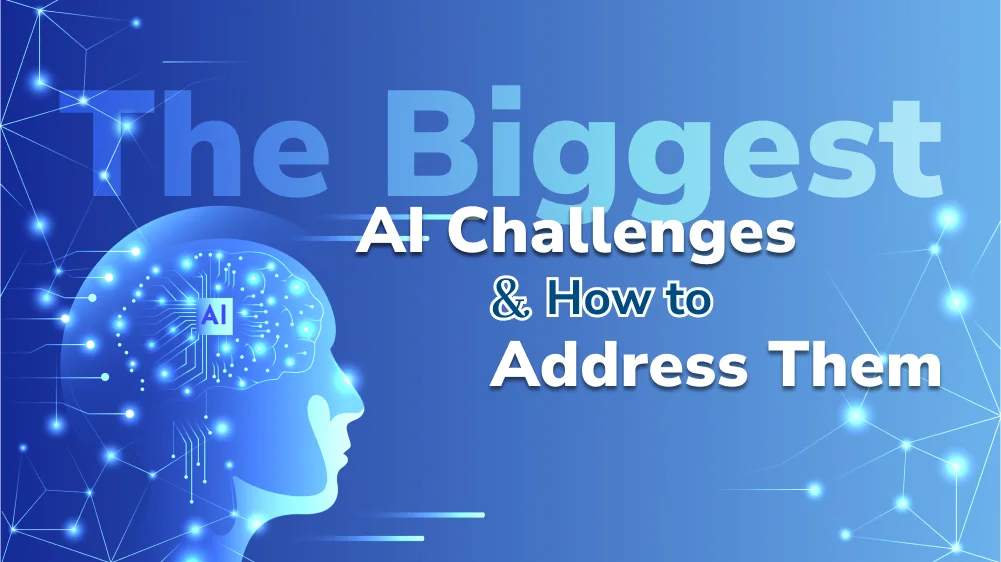How Artificial Intelligence is Changing the Recruiting Process
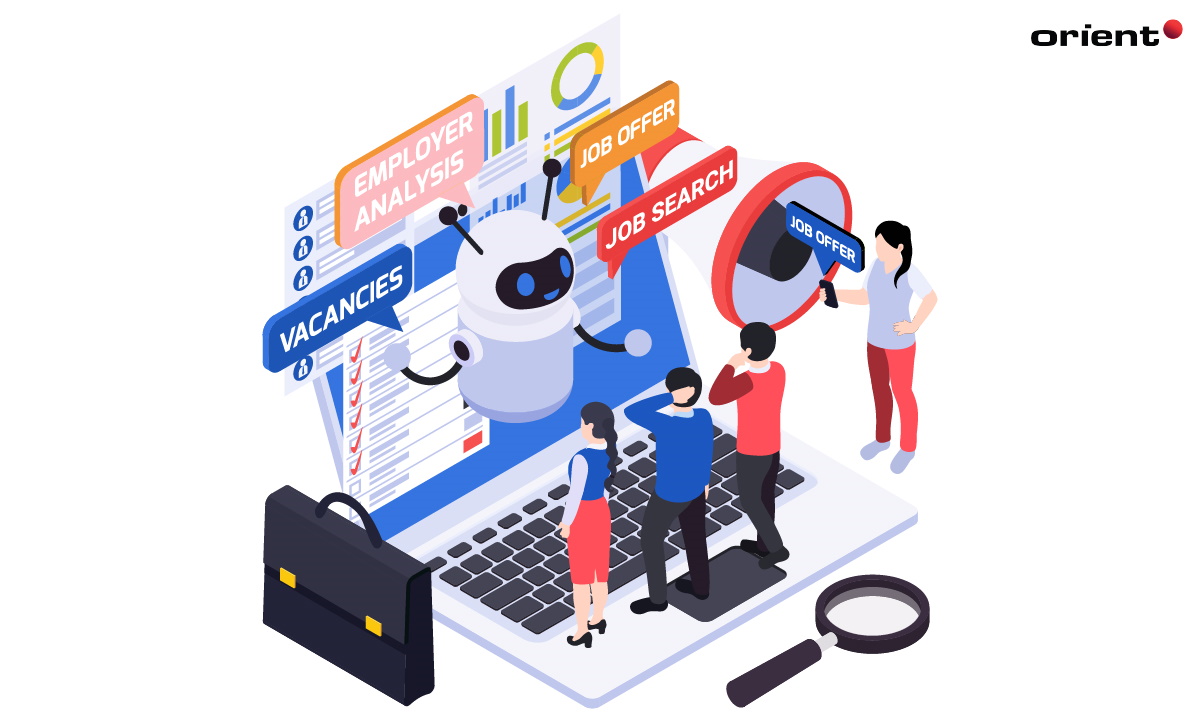
Content Map
More chaptersHiring and retaining top talent in 2023 is a huge challenge. In the United States, the number of voluntary terminations in November 2021 reached 4.5 million, the highest ever recorded since that data started being collected in December 2000. Also, research from the global employment agency, ManpowerGroup, revealed that 3 in 4 employers were experiencing talent shortages and difficulty hiring, a 16-year high for the survey. For these reasons, employers and recruiters are exploring new ways to hire and retain talent, which is where artificial intelligence in recruiting takes center stage.
What is Artificial Intelligence in Recruiting?
It is the use of artificial intelligence to support the talent acquisition process. An employer or recruiter may use artificial intelligence to streamline or automate certain steps in the recruitment process, especially tasks that are repetitive and high in volume. These days, most artificial intelligence recruitment tools are software-based. They have their own unique features and advantages. And they charge users a monthly or annual subscription fee in order to gain access.
Some organizations streamline or automate their recruiting process with a custom artificial intelligence solution. With this approach, organizations can incorporate artificial intelligence into recruiting their own way: in a way that complements their existing systems and processes. The solution can also be custom-built to scale as the organization grows. If they wish, they can add new features and functions as their recruitment process evolves, enabling them to keep up with the expectations of the modern job seeker.
What is the Difference Between Artificial Intelligence and Machine Learning?
Artificial intelligence is a field of computer science that involves training computers to simulate human intelligence. The main goal of artificial intelligence is to teach machines to learn, think, and behave in a manner similar to humans, until they are self-reliant and require no manual intervention to mimic human behaviors.
Machine learning is a subcategory of artificial intelligence. It describes the process of teaching a machine to mimic human intelligence. This is achieved through the use of data and algorithms, which helps a machine gather insight and recognize patterns until it can perform complex tasks and solve problems on its own – without being explicitly programmed to do so.
From a business perspective, it is vital that decision-makers understand the difference between artificial intelligence and machine learning. Most recruitment software products are examples of machine learning, as they use algorithms to collect raw candidate data and generate actionable insights to help a business make better decisions. Machine learning is a very specific application of artificial intelligence, where machines are trained to accomplish a set number of tasks; as opposed to artificial intelligence, where the aim is to develop intelligent systems that can do a variety of complex jobs.
The Benefits of Artificial Intelligence in Recruiting
Artificial intelligence can help streamline and automate many steps in the recruiting process. This can help free up time for recruiters to focus on tasks that artificial intelligence has yet to replace, such as building in-person relationships with candidates and determining their culture fit within an organization. Other benefits include being able to help remove hiring biases and keep unsuccessful candidates in the loop for future job opportunities.
Automate repetitive and high-volume tasks
Artificial intelligent software can be used to automate a wide variety of repetitive, high-volume tasks. These include posting job openings, scanning resumes, conducting digitized interviews, and performing background as well as reference checks. For instance, artificial intelligent screening software can review data from PDFs and Word documents. They can scan documents for relevant keywords and key phrases, perform grammar and spell checks, and determine if the candidate’s listed skills and competencies match the advertised role. By streamlining and automating these steps in the recruitment process, recruiters have more time to focus on other tasks.
Remove hiring biases
Recruiters are prone to many hiring biases in the talent management process. One such example is affinity bias, a type of unconscious bias that occurs when a person unknowingly gravitates towards others who appear to be like them. Biases can also arise from first impressions. A 2015 study from Old Dominion, Florida State, revealed that 59.9 percent of interviewers make up their mind about a candidate within the first 15-minutes of meeting them.
Recruiting software powered by artificial intelligence can help remove hiring biases. For example, recruiters can use artificial intelligent-powered word editors to write more inclusive job descriptions. These word editors are designed to identify words and phrases that may communicate unintended biases towards candidates, and then recommend alternate words and phrases. Recruiters can also use artificial intelligence-powered chatbots to reach global candidates by communicating with them in their native language.
Candidate rediscovery
76 percent of Americans consider not hearing back from an employer after sending a job application worse than being ghosted after a first date, according to research from iCIMS Inc., a cloud-based talent acquisition solutions provider. Worse still, 75 percent of candidate-submitted resumes are never read by a human, which means that unsuccessful candidates are not being considered for future roles within the same organization.
Talent rediscovery tools are a great way to maintain candidates for future consideration. This involves the use of artificial intelligence to gather, organize, and store unsuccessful candidate data for future use. The software takes note of each candidate’s unique education, skillset, and experience, and then uses that data to pair it with the requirements of future open job positions and alert recruiters to a potential candidate match. From there, recruiters can reach out to previously unsuccessful candidates, and then gauge their interest in a different role for an organization that they have previously applied for.
Challenges of Artificial Intelligence in Recruiting
Despite the potential of artificial intelligence in recruiting, there are challenges to overcome. These included the unintended introduction of hiring biases, skeptical recruiters unwilling to use the technology, and the large amount of data needed to properly train machines. Fortunately, there are ways to avoid these issues.
Unintended human bias
In 2015, Amazon canceled plans to use an artificial intelligent-powered recruiting tool that showed bias against women. The experimental hiring tool was not rating candidates for software developer jobs and other technical roles in a gender-neutral way. This is because the software was gathering data from resumes submitted over a 10-year period which, unfortunately for Amazon, were mostly coming from men.
To avoid introducing bias into the recruitment process, recruiters are encouraged to write more inclusive job postings. Using software like Textio, recruiters receive real-time feedback on the job descriptions they write. They are told what words and phrases may communicate certain biases, and get recommendations for alternate words and phrases to make the content more inclusive to a wider audience. You can also reduce algorithmic bias by telling a piece of software to ignore certain bits of information, such as a candidate’s age, gender, and race.
Skeptical recruiters
If recruiters have a negative perception of artificial intelligence in the recruiting process, they are unlikely to embrace it or use it properly. The key to overcoming this is to educate them on the benefits of artificial intelligence in recruiting, while still acknowledging that their concerns are valid. It is also important to be realistic about what the technology can and cannot do. Do not over-promise on a feature or benefit that has little proof of success. This can lead to further skepticism and resentment towards the technology if it does not meet expectations.
Most importantly, thoroughly vet any artificial intelligence vendors that you approach. Make sure they have relevant experience providing recruiting solutions that meet your specific needs. Ask to see examples of their past projects that relate to recruiting and HR solutions. This way, you will have an easier time convincing skeptical recruiters to try out the solution for themselves.
Requires lots of data
In order for an artificial intelligent recruitment technology to work properly, it must collect a lot of data. This is because it needs a lot of data – of different types, from different sources, and from different perspectives – in order to learn, identify patterns in the data, and reach meaningful and logical conclusions. If the system does not collect enough data, it may reach conclusions that stem from human biases. Or it may not be intelligent enough to be self-reliant.
For this reason, it is crucial that any recruitment tool powered by artificial intelligence is trained properly. More importantly, the data that it trains from should be of high-quality, gathered from relevant sources, and cleaned up by skilled data analysts and data scientists. This way, they can filter out poor or unnecessary data, and then present the findings to you in a clear and easy to understand way.
Incorporate Artificial Intelligence Into Your Recruiting Efforts

Artificial intelligence is dramatically changing the recruitment landscape. More than ever, recruiters are relying on technology to find, hire, and retain talent. There is also a large number of commercial artificial intelligent recruitment software out there, each with its own features and advantages. This can make it challenging for organizations to decide which solution is right for them, which is why many resort to custom artificial intelligence solutions to help achieve their HR-related goals.
Incorporating artificial intelligence into your existing hiring efforts and workflow can help free up time for recruiters to focus on other tasks, such as building in-person relationships with candidates. Furthermore, artificial intelligence can help reduce unintended biases – i.e. gut feeling reactions from first interviews – by introducing hard data into the mix, resulting in more informed hiring decisions.

